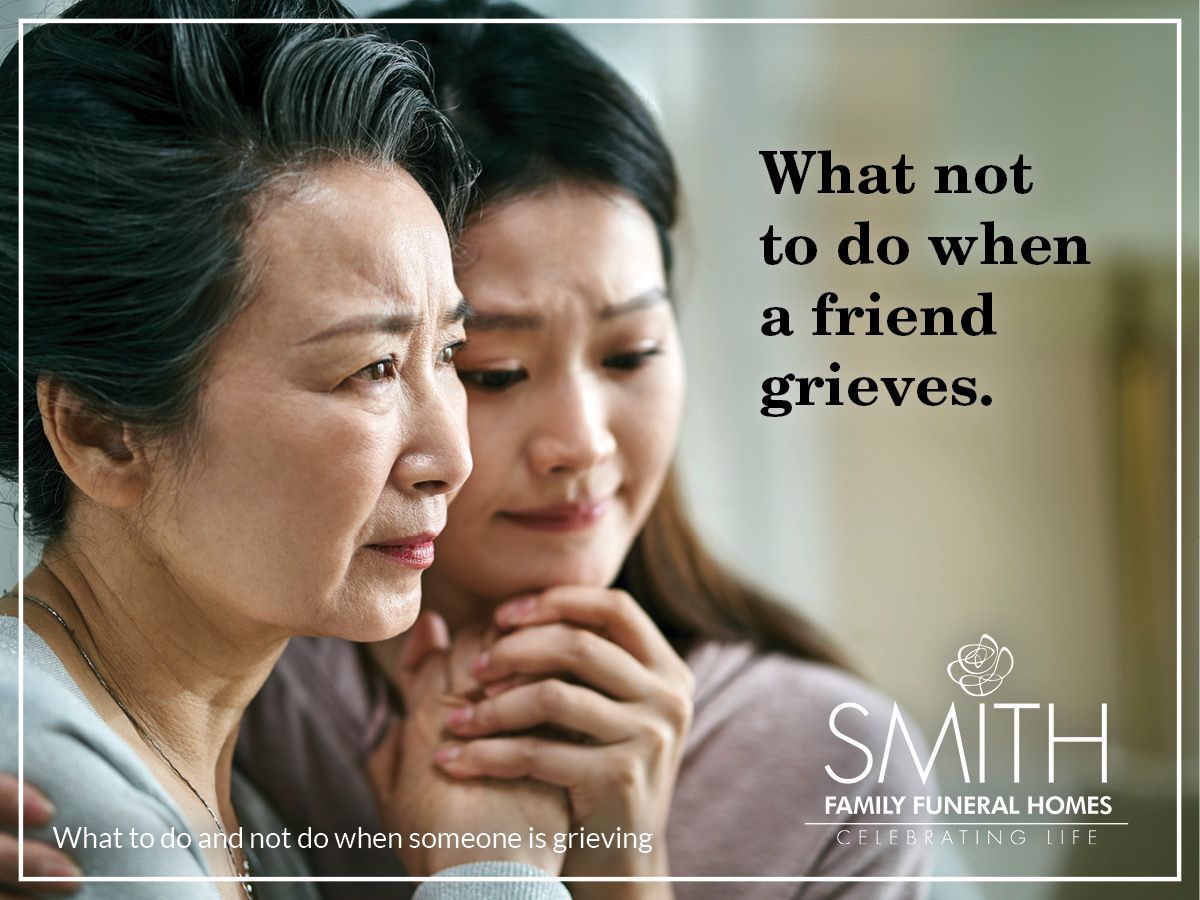
Why Do People Pull Over for Funeral Processions?
When you see a funeral procession, what should you do as another driver on the road? Since funeral processions have gone from an on-foot endeavor to a parade of motorized vehicles, other drivers have adopted the tradition of pulling over and letting the procession pass unimpeded. But more recently, we’ve been seeing this practice become a thing of the past. So, why do people pull over for funeral processions? And do you actually have to pull over?
Do you have to pull over for funeral processions?
Legally, no law requires other drivers to pull all the way over for a funeral procession in the United States. But there’s some trickiness around what you should do when approaching a funeral procession. There are laws around funeral processions in most states, but these laws vary, which can cause drivers some trouble. Many states have laws that give the funeral procession the right of way. So, while a driver may not have to fully pull over, they do have to yield to the procession, and they mustn’t attempt to drive through it and break it up.
Most other laws around funeral processions don’t have to do with other drivers on the road. They have to do with the people driving in the procession. To avoid breaking up these vehicles, some states allow drivers to go through a red light or a stop sign if the lead car in the group has already gone through it. Other states allow a funeral procession to go through a traffic signal altogether, as long as a police escort vehicle is there to direct them.
Why should you pull over for a funeral procession?
Although you may not have to pull over for a funeral procession due to any laws, that doesn’t mean that it’s not your best option when you approach one. Unfortunately, crashes do happen when other drivers on the road are unaware of what a funeral procession is allowed to do or what they are not allowed to do around funeral processions. Some funeral directors say that drivers used to be more aware of funeral processions, but the tradition of pulling over for one has gone by the wayside.
As such, we’ve seen a rise in funeral procession-related accidents, with these crashes often occurring because another car attempted to enter the line of mourners’ vehicles or tried to pass them. And because every state has different laws about how funeral processions can enter intersections, these areas are also a common sight of accidents.
When you don’t pull over for a funeral procession, you’re running the risk of causing a crash, which can turn an already difficult day into a nightmare for the mourners in those vehicles. By pulling over, you’re removing the potential for harm, allowing them to continue their day of celebrating their loved one without a crash making it worse. It’s safer for you and any other driver on the road, including those in the procession, if you pull over. But it’s also simply an act of respect to pull over when you see a funeral procession.
When you see a funeral procession, you don’t know who passed, but you do know that someone did. And you know that the people in those vehicles are grieving the life of someone who mattered to them. By allowing them to pass without you interfering at all, you’re essentially acknowledging their grief. Like how you’d take off a hat and hold it to your chest as a sign of respect during any burial, you’re showing respect by pulling over to the side and letting a funeral procession pass unhindered.
Pulling over for a funeral procession was once viewed as an essential tradition, but that practice has become less common, to the detriment of mourners and other drivers on the road. When we pull over, we’re removing ourselves from a potentially hazardous situation, but we’re also showing respect to a group of people who may be having one of the most challenging days of their lives. Driving in a funeral procession can be stressful, but we can make it easier for them by pulling over and letting them pass us all together.
Smith Family Funeral Homes provides quality funeral, memorial and cremation services to the families of Central Arkansas. Their six locations can be found in Little Rock, North Little Rock, Westbrook, Sherwood, Benton and Arkadelphia. With a privately-owned crematory operated by licensed professionals, Smith Family Funeral Homes can guarantee their high standard of care throughout the cremation process. To learn more, visit smithfamilycares.com.













